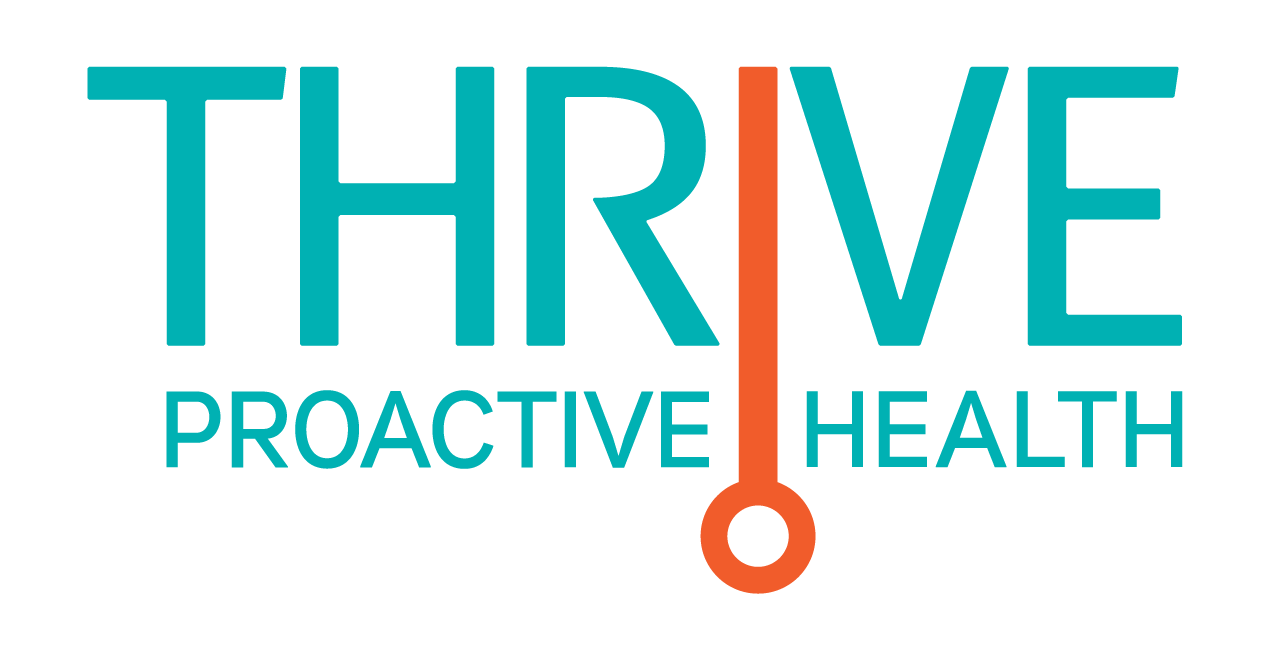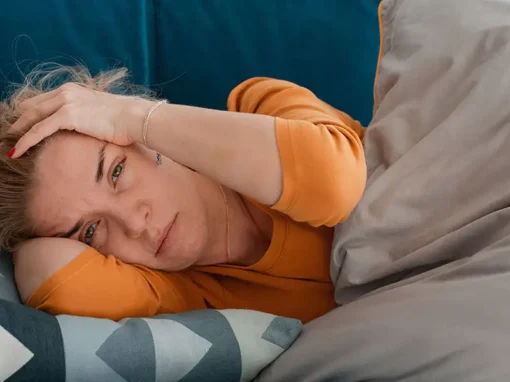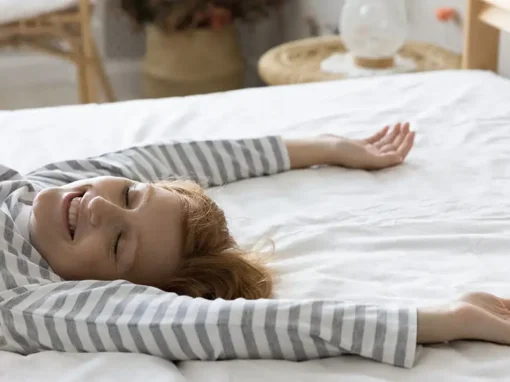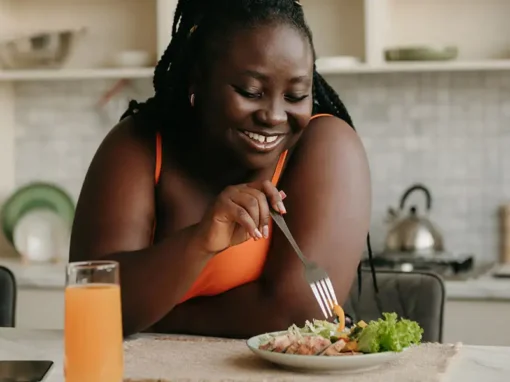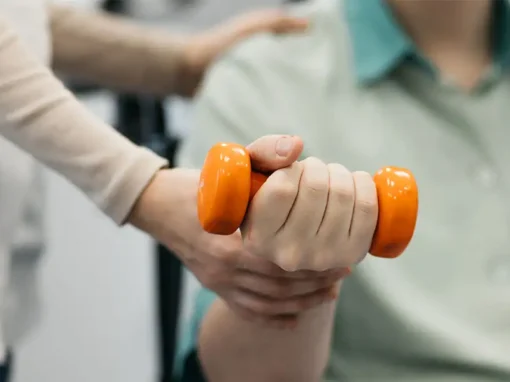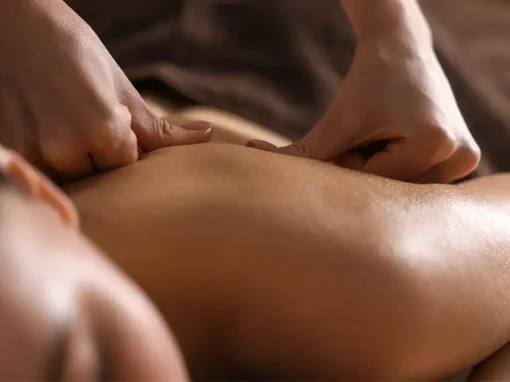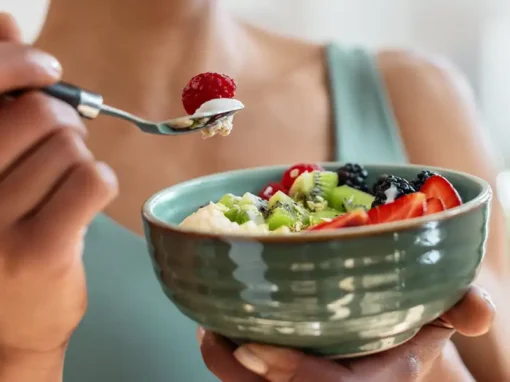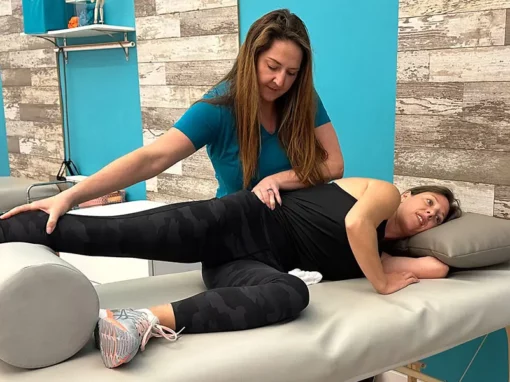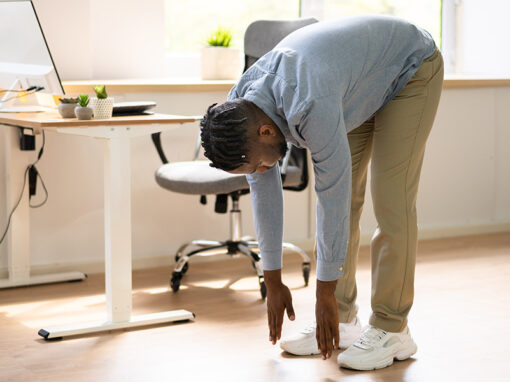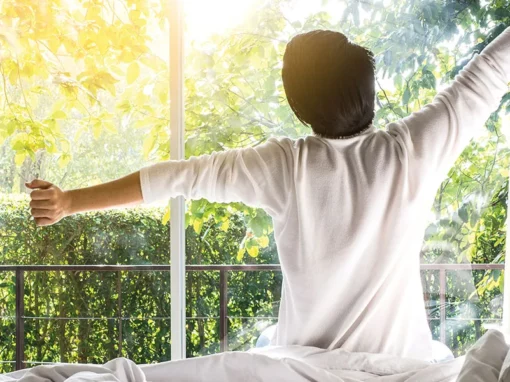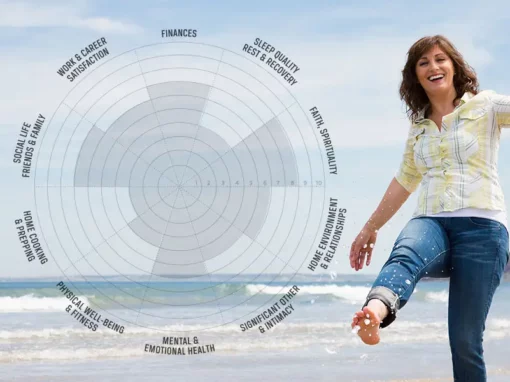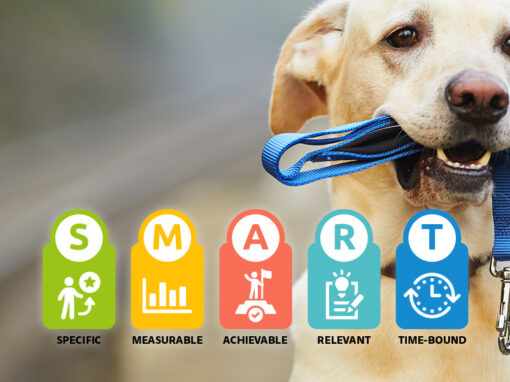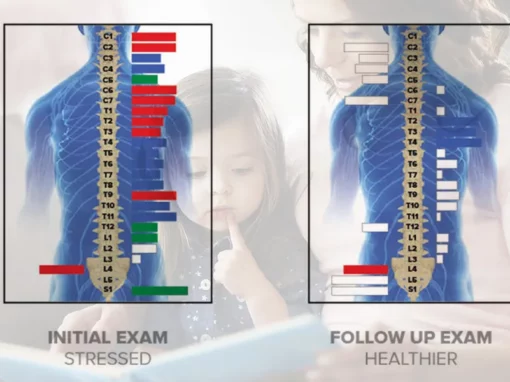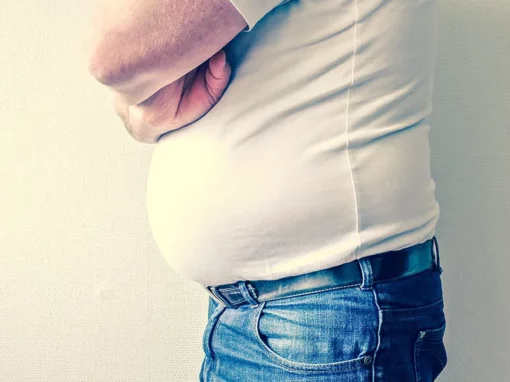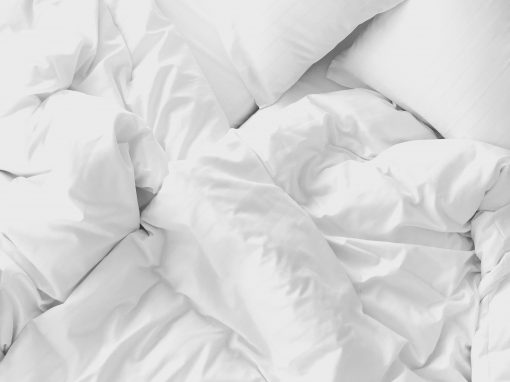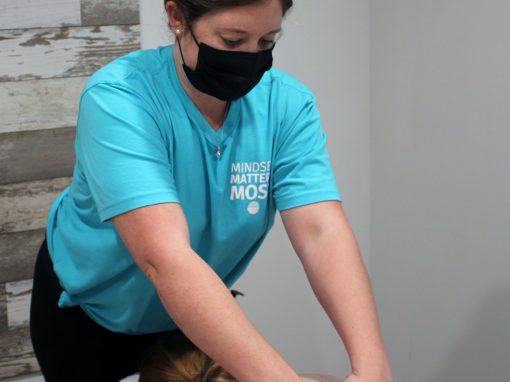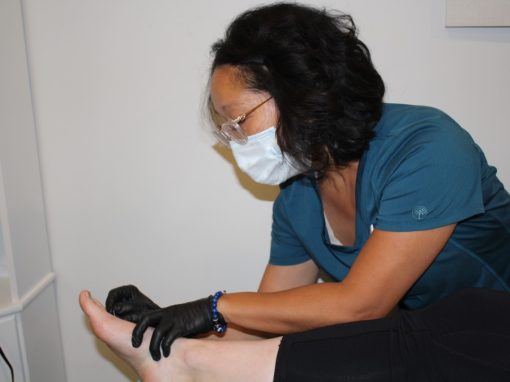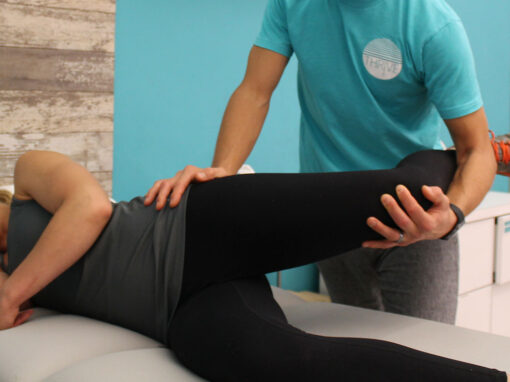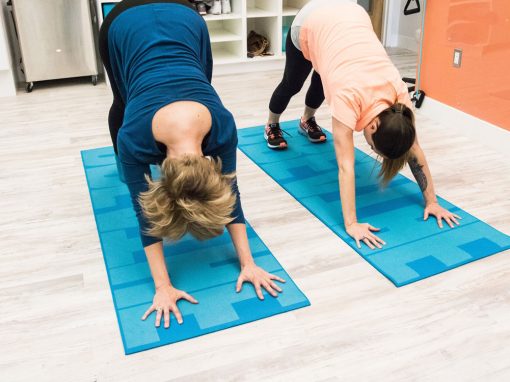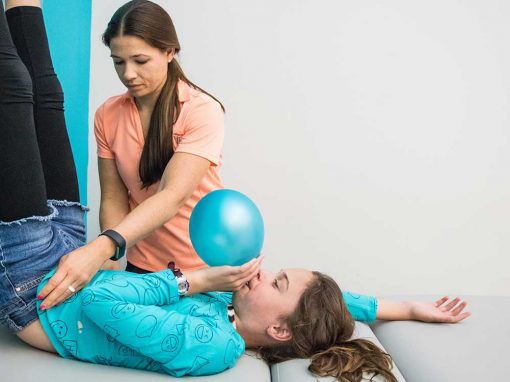Most of us want to do the right things to live a healthy life and keep enjoying the things we love, but often we are confused about what things are the right things. We are constantly bombarded by social media, news headlines, articles, and commercials often presenting misleading and contradictory information, with none of it actually invested in our well-being.
Common questions we may ask ourselves include:
What do I believe? Are the things I have learned actually correct? Have I been doing what I need to do to set me up for healthy aging?
If I make changes now, is it too late? Will it make any difference? What does the science actually tell me?
Let’s break down some common myths, and get to what the research actually says, instead of opinions, individual experiences, and fads…
the myth: fad diets are so popular, they must work
Fad diets sound too good to be true, because they are. Fad diets and nutrition programs are created to make money, not to make you healthier and happier. They sell you the idea of losing weight fast, however, they are usually very restrictive, involving banning entire food groups. Often, most people on these fad diets fail in the long-term, because they are made to fail. You achieve a little success, just to eventually fail, so they can lure you back in and make more money.
do this
Focus on eating whole, minimally-processed foods, with lots of fruits, vegetables, beans, and whole grains. Minimize distractions while you eat, and drink plenty of water throughout the day, including during your meals.
the myth: sleeping-in on the weekend helps you catch up on sleep
Our bodies function on a cyclical, 24-hour clock, called our circadian rhythm. We often think of the circadian rhythm as just our sleep/wake cycle, however, it is much more than that. Every cell in our bodies functions on this clock. Our bodies like regularity and consistency. When we sleep-in on the weekends, our circadian rhythm gets off schedule, which can impact our sleep quality, make us tired during the day, make it difficult to fall asleep and stay asleep at night, and can even impact food cravings.
do this
The best approach is to have a regular bedtime and wake time that you do your best to stick to every day of the week. Even if you have a night that you’re up later, wake up at your regular wake time the next morning to get your circadian rhythm back on track. As always, aim for a goal of 7 to 9 hours of sleep each night.
the myth: social media can inspire your diet and exercise routine
Unfortunately, most of what is found on social media is anecdotal evidence and personal experience that doesn’t hold much weight when compared to research. Like a fad diet, it sounds too good to be true because it is. This creates irrational expectations, and then you get let down once you fail. Often, what’s on social media is quick fixes, and not the more mindful practice of sustainable lifestyle behavior changes.
do this
Invest in your long-term success. Partner with a health or fitness coach who can set you up with a plan, help you overcome obstacles and stay accountable to your goals.
the myth: if you’re having trouble falling asleep, you should just lie there with your eyes closed
If you’re lying in bed having difficulty falling asleep you may be unconsciously training your brain to associate lying in bed with not sleeping. Your bed is for sleep, and you want to do everything in your power to train your brain and body that when you’re in bed, it’s sleeptime.
do this
If after 20 minutes of lying in bed you still haven’t fallen asleep, you should get out of bed and do a relaxing activity. This does not mean drinking or eating a snack, watching TV, or scrolling on your phone. Instead, think of reading a book or meditating. Also, make sure to keep the lights dim and minimize noise.
the myth: taking your phone to bed is no big deal
Most of us are guilty of lying in bed scrolling through our phones, and before you know it, we’ve lost an hour of sleep. It’s not just going to sleep later that is impacting your sleep quality, but also the exposure to your phone’s blue light. Research has shown that flooding your brain with blue light close to bedtime disrupts production of melatonin—a hormone that helps regulate your sleep/wake cycle. This can lead to lighter, more restless sleep, leaving you feeling groggy and fatigued.
do this
Limit use of any screens for at least one hour prior to bedtime. Leave your phone in a different room and use a regular, old-fashioned alarm clock. If you must use your phone for an alarm clock, set your alarm and leave your phone across the room. This will also help with limiting use of the snooze button.
the myth: I’m too old; making changes now won’t help
The human body is amazingly capable of making changes even in advanced age. We cannot stop aging or death, however, the lifestyle choices that we make each day have a dramatic impact on how quickly or slowly we age.
do this
If you’re eating a healthy diet, moving your body regularly, getting adequate sleep, avoiding the use of substances, managing stress constructively, have a positive mindset, and have good social connections, you’re much more likely to lead a long, healthy, productive life.
the myth: your genes determine your health more than your lifestyle
Many of us believe our health is fated, either positively or negatively, due to genes we’ve inherited from our parents. However, the field of epigenetics, which is the study of how lifestyle choices can turn on or turn off genes, has shown us that our habits and behaviors are much more impactful on our health than our genes.
do this
If you have a known risk for any disease because it runs in your family, it’s even more important to make healthy lifestyle choices to avoid the same fate as other family members.
You Have the Power
In a world overflowing with health misinformation and quick-fix solutions, it’s easy to feel overwhelmed or discouraged. But the truth is, your daily choices matter, and it’s never too late to make positive changes. At Thrive, we believe in cutting through the noise and grounding our approach in real science and sustainable habits. Small, consistent steps can lead to powerful outcomes for your energy, resilience, and longevity. You have the power to shape your health story, and we’re here to help you thrive while doing it.
